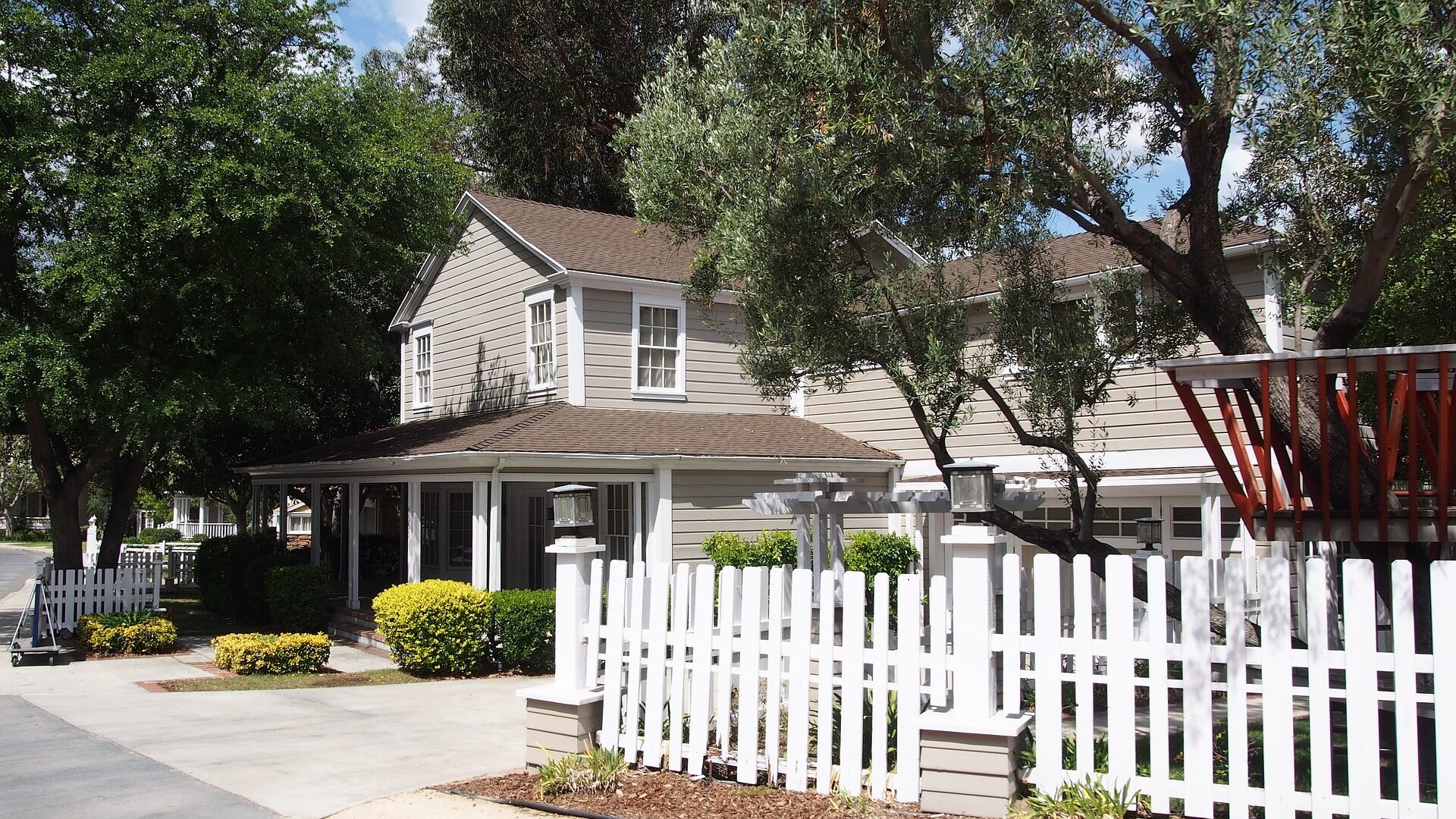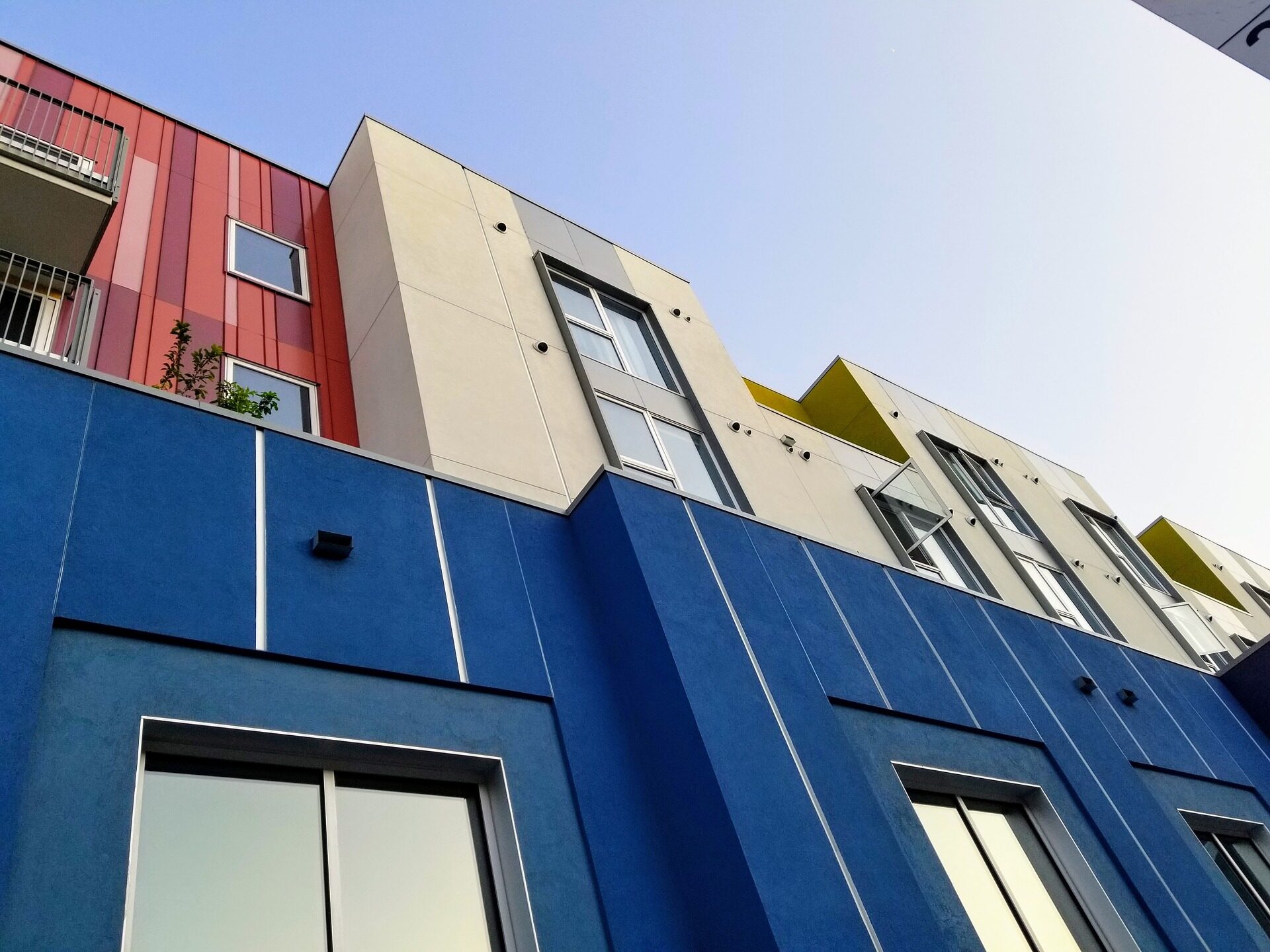Introduction
Sober living is a term used to describe the process of recovering from any type of addiction. It is a difficult journey, but one that can be made easier with the right kind of support. Social model recovery is one such form of support that can be used to help people in need. This blog will explore the concept of social model recovery and its application to sober living.
What is Social Model Recovery?
Social model recovery is a type of recovery program that emphasizes the importance of a social network in aiding addiction recovery. It was developed in the late 1960s as an alternative to traditional medical and psychotherapeutic models of treatment. The social model recovery approach focuses on the importance of community and shared experiences for addiction recovery. The main goal of the social model recovery is to create an atmosphere of support, acceptance, and understanding for those in recovery.
The social model of recovery focuses on the idea that addiction is a disease and that recovery can be achieved through social support and positive reinforcement. The approach encourages individuals to build strong, supportive relationships with others in recovery, as well as with family and friends. It also emphasizes the importance of healthy lifestyle choices, such as exercise, good nutrition, and adequate rest.
Benefits of Social Model Recovery
The social model of recovery offers numerous benefits to those in recovery. These benefits include:
- A sense of community: By being part of a supportive community, individuals in recovery can find solace and encouragement in the shared experiences of others. This can help to reduce feelings of loneliness and isolation that are often associated with addiction recovery.
- Improved self-esteem: Through the support of their peers, individuals in recovery can build up their self-esteem and take pride in their accomplishments. This can lead to a greater sense of self-worth and improved quality of life.
- Reduced relapse rates: By having a support network, individuals in recovery can be better equipped to cope with triggers that may lead to relapse. This can help them stay on the path to sobriety.
- Increased accountability: Having a support network can also help individuals in recovery stay accountable for their recovery goals and progress. This can help to ensure that they stay on track and remain committed to their recovery.
How to Get Started With Social Model Recovery
If you are interested in trying social model recovery, there are several steps that you can take to get started.
- Find a support group: The first step is to find a support group that meets regularly. This can be done through local recovery centers, treatment programs, or online support groups.
- Participate in meetings: Once you have found a support group, it is important to attend meetings regularly and participate in the discussions. This is a great way to form meaningful connections with other people in recovery.
- Seek out additional support: In addition to attending meetings, you may want to seek out additional support from family, friends, and professionals. These individuals can provide invaluable insight and help you stay on track with your recovery goals.
- Take care of your health: It is important to take care of your physical and mental health while in recovery. This includes eating a balanced diet, getting regular exercise, and getting adequate rest.
Challenges of Social Model Recovery
While there are many benefits to using the social model of recovery, there are also some challenges that must be addressed. These can include:
- Potential for relapse: As with any form of recovery, there is a potential for relapse. It is important to remain vigilant and take steps to prevent relapse, such as attending meetings and seeking out additional support.
- Social pressure: Social pressure can be a challenge for those in recovery. It is important to be aware of the potential for negative influences and to seek out positive influences instead.
- Lack of resources: Not all communities have adequate resources to support individuals in recovery, which can be a challenge. It is important to seek out resources in your area and to be aware of potential resources available through online support groups.
Conclusion
Social model recovery is a form of recovery that emphasizes the importance of a social network in aiding addiction recovery. It can be a powerful tool for those in need of support, providing a sense of community, improved self-esteem, and reduced relapse rates. However, there are also some challenges that must be addressed, such as potential for relapse, social pressure, and lack of resources. It is important to be aware of these challenges and to seek out resources to help you on your journey to sobriety.
Resources
National Institute on Drug Abuse








Alcohol abuse is a serious problem that can lead to numerous physical and mental health problems. The dangers of alcohol abuse include liver damage, high blood pressure, heart disease, depression, and increased risk of certain cancers. Alcohol abuse can also lead to addiction, also known as alcoholism, which is a chronic and progressive disease. Alcoholism can cause a range of personal, social, and professional problems, including relationship issues, job loss, and financial difficulties.
If you or someone you know is struggling with alcohol abuse, it is important to seek help. There are various resources available to help individuals overcome alcohol addiction, including:
Rehabilitation Centers: Rehabilitation centers offer comprehensive alcohol abuse treatment programs that include detoxification, counseling, and support.
12-Step Programs: 12-step programs such as Alcoholics Anonymous provide support and guidance for individuals who are struggling with alcohol addiction.
Counseling and Therapy: Psychotherapy, cognitive-behavioral therapy, and other forms of counseling can help individuals understand the root cause of their alcohol addiction and develop coping strategies.
Medications: Certain medications can help reduce cravings and withdrawal symptoms, making it easier for individuals to quit drinking.
Support Groups: Support groups provide a safe and supportive environment for individuals to share their experiences and receive encouragement from others who are in similar situations.
It is important to remember that recovery from alcohol addiction is a journey, and it is never too late to seek help. With the right support and resources, individuals can overcome alcohol addiction and lead healthy and fulfilling lives.
https://www.therecoveryvillage.com/alcohol-abuse/
https://www.palmerlakerecovery.com/alcohol-abuse-and-addiction/